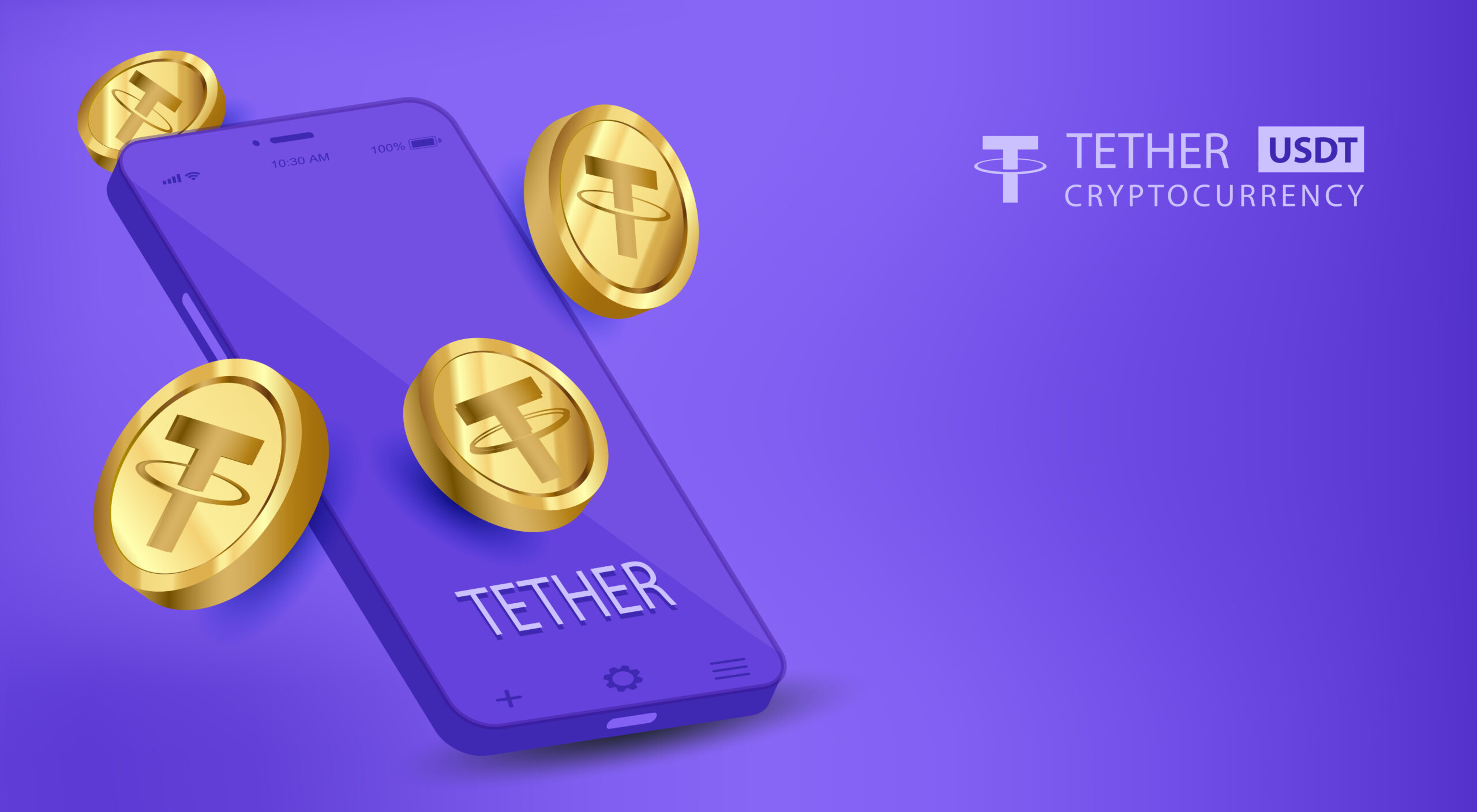Change is constant, and businesses that fail to keep up risk being left behind.
Since 2010, African businesses have had to adapt to rapid advancements in finance and technology, evolving from cash and cheques to mobile money, online transfers, and card payments.
Now, the financial landscape is shifting once again. Cryptocurrencies may not replace fiat anytime soon, but they’ve proven they’re here to stay.
As African and global crypto adoption continues to rise, businesses across Africa have to adapt and receive crypto payments to stay competitive and serve a wider customer base.
This article explores the journey of receiving crypto payments for African businesses, with a focus on Nigeria and Ghana.
Related:
- How to Generate a Free Bitcoin Invoice
Why You Need to Start Receiving Crypto Payments
It’s never ideal to deal with something you don’t fully understand, and crypto is no exception.
So, the first step is gaining a basic understanding of what cryptocurrencies are and how they work. A great place to start is our very own Breet Academy, it’s completely free.
After brushing up on crypto, here are some reasons why you need to start receiving crypto:
1. Receive Payments from Anywhere, Instantly
With crypto, businesses can receive payments in real time from customers around the world.
It offers an effortless, borderless payment experience, perfect for expanding into global markets without the usual banking delays.
2. Lower Transaction Fees
Crypto payments, especially on efficient blockchains, often come with lower transaction fees compared to traditional methods. This helps businesses and customers save money.
3. Attract a New Generation of Customers
Millennials and Gen Z are increasingly crypto-savvy and open to spending digital assets. Accepting crypto not only taps into this growing demographic but also positions your business as innovative and forward-thinking.
4. Gain a Competitive Edge
Being among the early adopters gives your business a visible edge.
Accepting crypto sends a message of progressiveness and flexibility, while also creating marketing opportunities that set you apart from competitors relying solely on conventional payment options.
5. Easy to Set Up and UseGetting started with crypto payments is simpler than many assume. Platforms like Breet make it easy, just sign up, generate wallet addresses or an invoice, and start receiving payments from customers within minutes.
You Might Like:
- Top 7 Bitcoin Trader Apps
What Businesses Need to Start Accepting Crypto Payments
To start accepting crypto payments, businesses need the following:
- Crypto Wallets or Exchanges
- Invoices
- Payment Gateways
1. Crypto Wallets
Crypto wallets are where cryptocurrencies are kept, received, and sent.
They house digital assets and provide businesses with wallet addresses that they can use to accept cryptocurrencies.
Wallets are of different types, while some wallets support cryptocurrencies running on specific blockchains, others support tokens across multiple networks.
Wallets can also be offline, called cold wallets, or online, known as hot wallets.
- Cold Wallets
These are not connected to the internet. Assets are stored offline, making them less vulnerable to hacks and online threats. They’re ideal for long-term storage.
- Hot Wallets
These are connected to the internet, allowing for quick and easy access to your funds. They’re convenient for frequent transactions but can be more susceptible to cyberattacks if not properly secured.
- Crypto Exchanges
Cryptocurrency exchanges like Breet are over the counter platforms where users can convert crypto to cash, or swap cryptocurrencies.
Centralized exchanges (CEXs) often come with built-in wallets and support a wide range of features, including the ability to convert crypto to other tokens or local fiat currencies.
For instance, Breet supports over 40 different tokens, giving users a wide variety of options for trading and transactions, all within one platform.
Accepting Crypto Payments with Wallets and Exchanges
Depending on the type of business, accepting crypto payments can be surprisingly simple.
In many cases, it’s as easy as directing customers who wish to pay in crypto to send the payment to your crypto wallet address.
You can either:
- Share your wallet address directly, or
- Let customers scan a QR code linked to your wallet (most wallets and exchanges provide this feature).
Once the amount and token are agreed upon, the customer sends the crypto, and that’s it.
2. Invoices
For some businesses, like contractors, agencies, or consultants, a more formal and organized way to accept crypto payments is by sending a crypto invoice. This invoice usually includes:
- Your wallet address
- Payment instructions
- Client or buyer details
- A clear description of goods, services, or deliverables
- Prices, subtotal, applicable taxes (if any)
- The total amount due
- A due date
This approach not only looks more professional but also helps streamline recordkeeping and avoid confusion during payment.
For You:
- What is Staking in Crypto? Beginner’s Complete Guide
Breet Crypto Invoicing: How to Send Invoices and Receive Crypto Payments

Breet provides a reliable crypto invoicing solution that lets businesses in Nigeria and Ghana send invoices to customers anywhere in the world and receive crypto directly to their wallet, all within the app.
Here is how to set it up;
Step 1: Sign Up
Create an account on Breet if you haven’t already.
Step 2: Go to the Invoice Page
Once logged in, navigate to the Invoice section from your dashboard.
Step 3: Fill in the Invoice Details
Enter the necessary information
Step 4: Send the Invoice
Your client receives the invoice via email. It contains a link that allows them to pay using any of the supported cryptocurrencies.
Step 5: Payment and Confirmation
After the client sends the payment and it’s confirmed on the blockchain, the funds appear in your Breet wallet.
Step 6: Auto-Settlement (Optional)
If you’ve enabled auto-settlement, Breet will automatically convert the crypto to your local currency and transfer it to your linked bank account.
3. Crypto Payment Gateways
Crypto payment gateways or processors are services that act as intermediaries between businesses (merchants) and their customers.
They enable businesses to securely accept cryptocurrency payments and then settle the value in local currencies such as Naira or Cedi, or directly into the business’s crypto wallet, depending on preference.
This solution is ideal for e-commerce platforms, casino and sport betting platforms,subscription-based services, businesses with multiple branches, or merchants serving customers nationwide or internationally
Customers can pay using crypto in two ways:
- At checkout (for online stores and payment)
- In-store at the point of sale using a QR code or payment link
How Businesses Receive Crypto Payments via Gateways
To start accepting crypto through a payment gateway, here’s what businesses typically do:
- Integration
Businesses integrate the gateway into their website using plugins or APIs, or simply display a QR code in physical stores. - Customer Payment
The customer selects crypto at checkout or scans the QR code and sends payment using their preferred token. - Payment Processing
The payment gateway receives the crypto, confirms the transaction on the blockchain, and handles the rest. - Settlement
Businesses receive payments either:- In local currency (e.g., Naira or Cedi) directly to their bank account, or
- In crypto, if they prefer to manage it themselves.
- Gateways deduct a small transaction fee, and settlements can be instant or periodic, where the payment processor settles the businesses’ daily, weekly, or monthly.
Crypto payment gateways make it easy and safe for businesses to accept crypto without worrying about price volatility, manual conversions, or blockchain complexity.
Key Considerations When Receiving Crypto Payments
As a business, before or when receiving crypto payments, here are some important factors to consider:
1. Safety and Security
The safety of your assets and funds is crucial when dealing with cryptocurrencies. Always take proper precautions based on the tools you use:
- If using an exchange, enable Two-Factor Authentication (2FA) to add an extra layer of security to your account.
- If using wallets, securely store your private keys or recovery phrases. Never share them with anyone and avoid saving them online.
2. Volatility
Apart from stablecoins, most cryptocurrencies are extremely volatile; their prices can fluctuate significantly in a short amount of time.
Depending on the direction of the market, this volatility can eat into earnings or even lead to losses.
That’s why it’s advisable to prioritize stablecoins (like USDT, USDC, or BUSD) when accepting crypto payments.
If you’re accepting blue-chip coins like Bitcoin or Ethereum, be aware that they also experience price swings.
To reduce risk, it’s a good practice to settle or convert sales into local currency (like Naira or Cedi) as quickly as possible, especially if you’re not actively managing your crypto portfolio.
This minimizes exposure to market fluctuations and helps protect your revenue.
3. Transaction and Processing Fees
Still on the topic of protecting your margins, it’s important to note that transaction costs vary depending on the blockchain, even when you’re using stablecoins.
For example:
- USDT on Ethereum (ERC-20) tends to have higher gas fees due to network congestion.
- The same USDT on Tron (TRC-20) or BSC (BEP-20) is much cheaper to send, making it a more cost-effective option for frequent transactions.
If you’re using a crypto payment gateway, you’ll also need to factor in processing or settlement fees charged by the platform. These are typically small, but they vary between providers and are charged in addition to blockchain gas fees.
To maximize profit and minimize costs:
- Opt for low-fee blockchains when possible
- Compare fee structures across payment processors
- Consider whether fees are deducted per transaction or periodically
Don’t Miss:
- 10 Best BTC Accelerators
Conclusion on Receiving Crypto Payments
So many Crypto companies like Breet now make accepting Crypto payments an option available to businesses and freelancers.
As digital finance continues to evolve, early adoption positions your business at the forefront of innovation, making it more accessible, globally competitive, and ready for the future of payments.
Frequently Asked Questions
1. Which banks support crypto payments in Nigeria?
Due to unclear regulations, no Nigerian bank directly facilitates crypto payments, but Nigerians can accept crypto payments with Breet.
2. How do I receive payments in cryptocurrency?
To receive payments in crypto, you need an exchange like Breet that provides wallet addresses of over 40 tokens, after which you can convert the crypto to Naira or Cedi.
3. How do I accept crypto payments as a business in Ghana?
To accept crypto payments in Ghana, depending on your business, you can use an exchange like Breet to generate invoices and receive payments in minutes.
4. How to pay with crypto?
Simply request their wallet address and send the agreed token and amount to the business or vendor.







